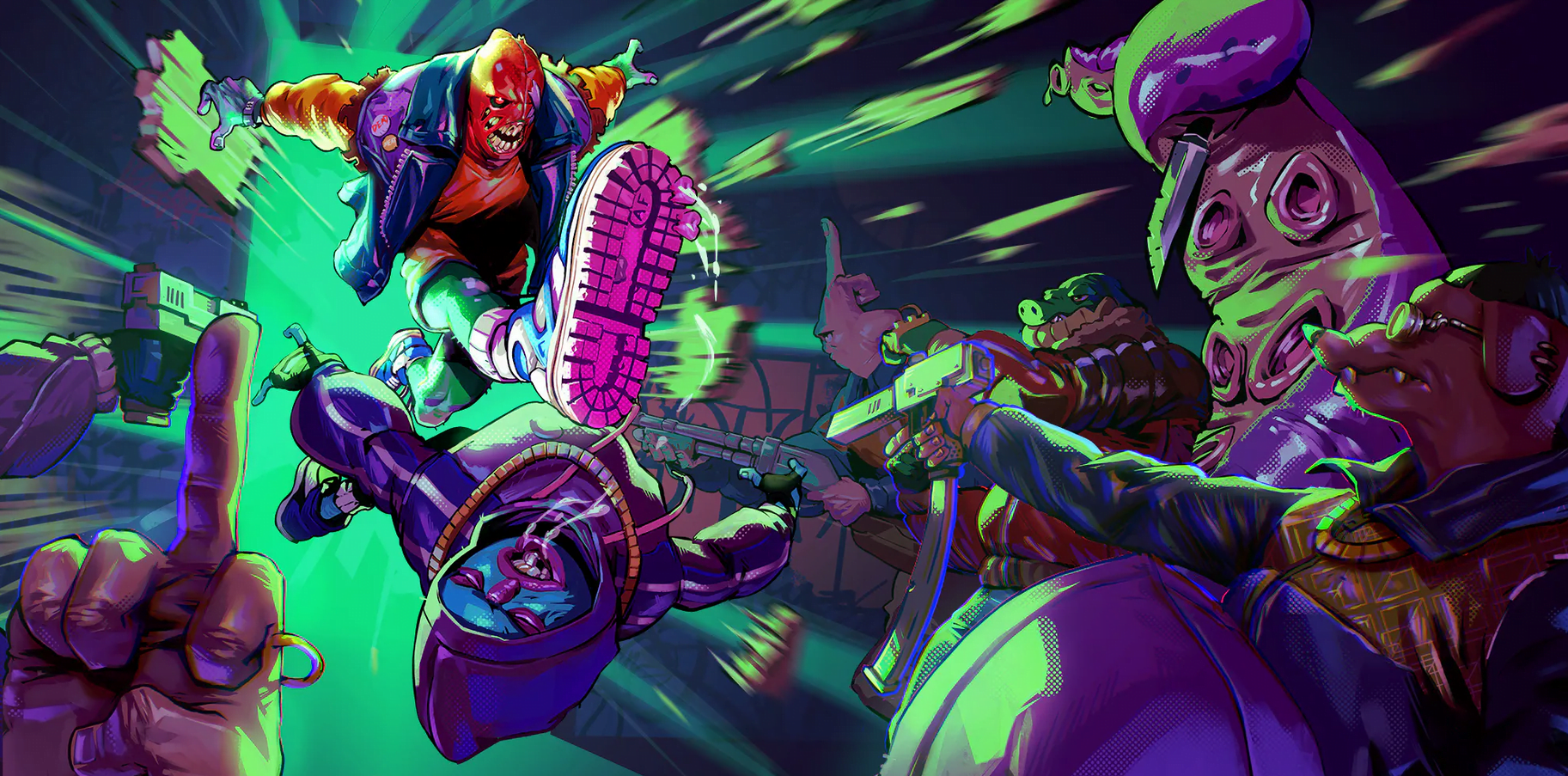Based in Valencia, the Spanish indie developers Deconstructeam are best known for their adventure games Gods Will Be Watching and The Red Strings Club, published by Devolver Digital. Rather than a new project, Essays on Empathy is a compilation of small games, most of them previously released as game jam entries and all of them reflecting the team’s strong focus on narrative.
There is more to the collection than this, however. For established fans of Deconstructeam, the inclusion of a new tenth game made specifically for this set will be a major draw. Each of the games is also accompanied by concept art, design documents, and an in-depth video in which team members Marina, Paula, and Jordi explore their creative process.
Speaking of established fans of the team, there is no doubt that they will enjoy this package. This is particularly true because of the way these older game jam entries fed into the larger commercial games, both mechanically and by seeding certain narrative elements. Essays on Empathy provides a unique insight into Deconstructeam, both as a studio and as people. It links much of their work to date in an intriguing and cohesive way.

For newcomers to Deconstructeam, mileage may vary. This is because the team’s idiosyncratic and highly narrative-oriented approach is definitely not for everyone. Several of these entries are difficult to describe as “games” per se – in Essays on Empathy there is little real fun to be had, and in some cases the level of interactivity is quite low. These are better defined as narrative experiences, as opposed to games. It should also be kept in mind that these experiences were typically made in the crushingly intense context of 72-hour game jams. As such, each one is a riff on a single idea rather than a comprehensive or sprawling product.
At their best, the entries in Essays on Empathy cleverly explore a novel game mechanic to tell a story in a way that feels distinctively Deconstructeam. One highlight is Eternal Home Floristry, which concerns a one-armed hitman in hiding, who takes up flower arranging to pass the time. The flowers that the player chooses for each bouquet affect the outcome of a handful of story events, but the way they are arranged is merely creativity for its own sake. Zen and the Art of Transhumanism uses pottery as its central mechanic, tasking players with hand-crafting augments for a succession of troubled, naked pixel-people looking to fix the problems in their lives.

Even the worst games here reflect something about Deconstructeam’s unique ethos and history. The earliest game in the collection, Underground Hangovers, falls into a number of game jam traps such as excessive ambition, a tendency to confuse, and an emphasis on trial and error. The Bookshelf Limbo is just barely there, a minimally interactive vignette about choosing a gift in a bookshop. In context with its making-of video, it still works because we learn about the very personal background to its development.
It bears noting that the projects in Essays on Empathy, being the product of game jams, are distinctly rough around the edges. The team were working in their second language, and mistranslations and spelling mistakes are quite common and occasionally confuse the gameplay. In some cases, controls are awkward or not as responsive as they could be and it is sometimes unclear what the player is supposed to be doing. Again, this is acceptable in context – this is a compilation, not a remaster, and it fits with the collection’s “warts and all” philosophy. The sense of exposure and seeing behind the curtain is felt most strongly in the making-of videos, arguably the best part of Essays on Empathy. Artist Marina, composer Paula, and coder-writer Jordi come across as very thoughtful and likeable personalities, and their reflections are always interesting.
Essays on Empathy is a fairly niche product – the projects here are more intriguing than entertaining, and the relative lack of interactivity will be a red line for many people. On the other hand, for those with a strong interest in narrative design and on the joys and pitfalls of indie development, this collection is a rare and valuable insight into a team who are undoubtedly forging their own unique and admirable path.





